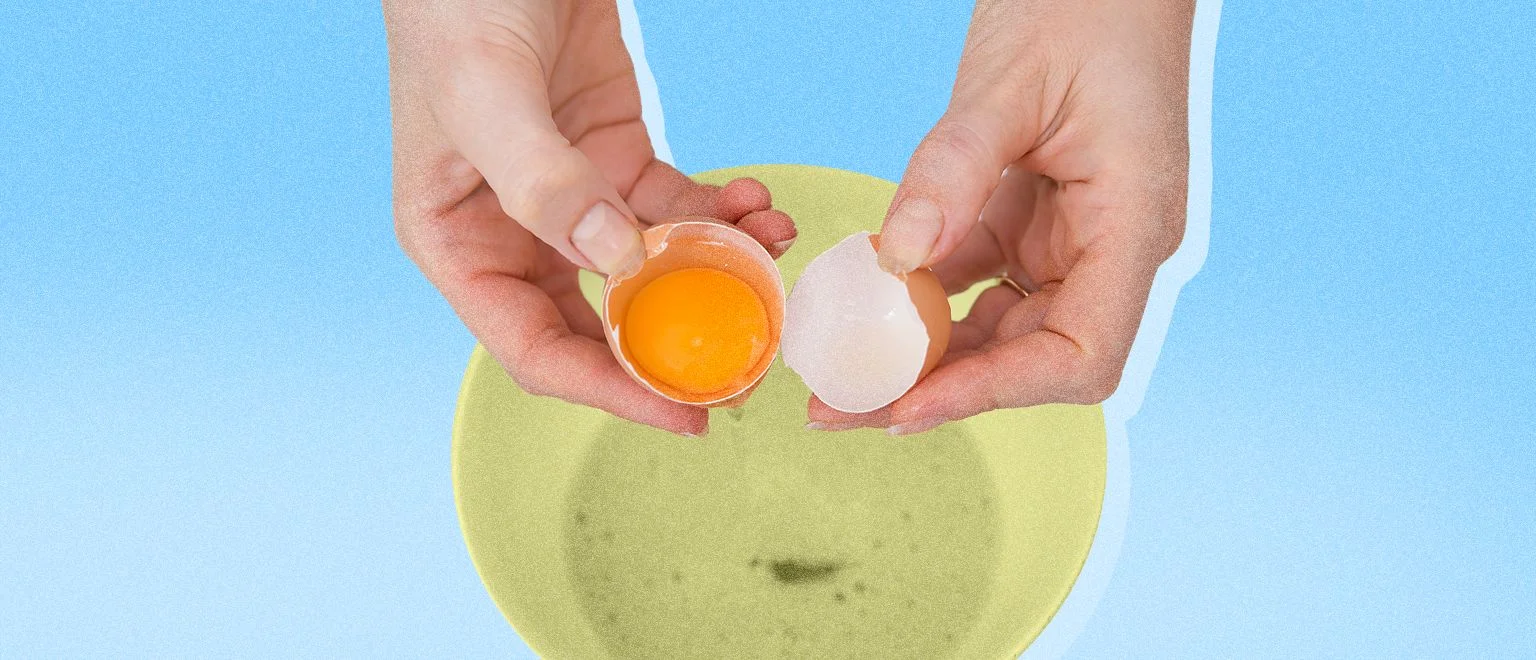“Eating one egg per day is as dangerous as smoking five cigarettes.”
This viral quote is just one example of the latest wave of egg hysteria to hit the internet—something that seems to happen every few years without fail. Misinformation, contradictory studies, and misleading cherry-picking of data have come together to leave many Americans believing that eggs are bad for them.
The most recent egg panic was sparked by the inaccurate quote above, which went viral on Twitter. Before that, it was the 2017 Netflix documentary, What the Health: a film that—you guessed it—made jaw-dropping claims about eggs, implying that they’re one of the most dangerous things one could ever eat.
These claims leave me flabbergasted every time. And I’m not the only one feeling this way…
Top health podcaster and wellness journalist Max Lugavere said it best in a recent newsletter: “Just when I thought eggs were off the hook, some charlatan has got to drag them, AGAIN.”
All charlatans aside…I’m stepping in to tell you why eggs aren’t so bad (they’re actually the superhero of superfoods), and why the public demonized them in the first place. Let’s get into it…



